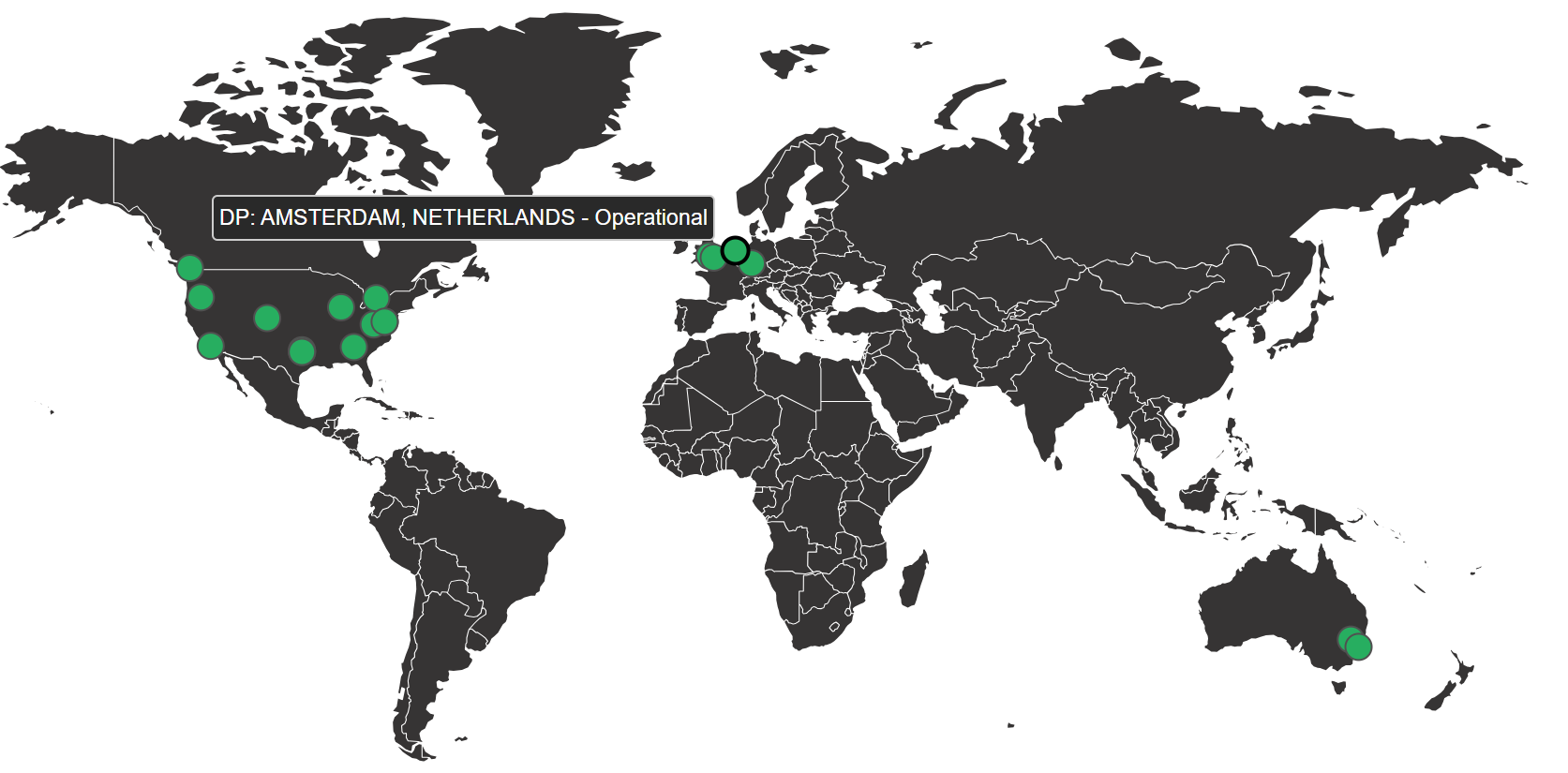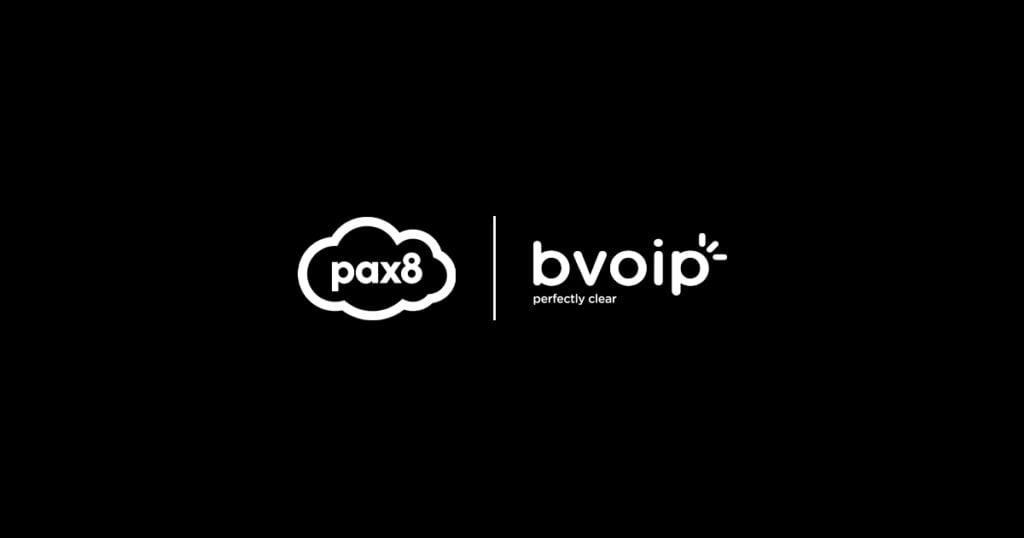
You may or may not have heard my feelings on bundling and / or billing for dial tone. As it turns out my prediction of a larger compliance and regulatory burden is now here.
In a great article on tmcnet.com the author states that interconnect voip providers will now be able to source their own phone numbers but as a result will be expected to comply as if they were a traditional carrier.
Here is a snipit of the article. You can read the full article here: http://www.tmcnet.com/channels/bpa/articles/405668-lawyers-comment-interconnected-voip-provider-ruling.htm
"If interconnected VoIP providers want a number, they now have to “comply with the same requirements applicable to carriers seeking to obtain numbers.” According to the FCC, from here on they will have to follow state requirements, industry guidelines and practices, facilities readiness and numbering utilization and optimization requirements.
As listed in the article, the new ruling requires VoIP providers to: request numbers under their own unique operating company number; file any requests for numbers with the relevant state commissions at least 30 days prior to requesting numbers; provide customers with the opportunity to access all abbreviated dialing codes (N11 numbers) in use in a geographic area; and provide the relevant state commissions with regulatory and numbering contacts when requesting numbers in those states.
Additionally, they must maintain a certification process which requires applicants to:
Comply with applicable FCC rules and state and industry guidelines and procedures;
Provide contact information of personnel qualified to address issues relating to regulatory requirements, compliance, 911 and law enforcement;
Provide proof of compliance with the FCC’s “facilities readiness” requirement;
Certify that it is in compliance with its Universal Service Fund, Telecommunications Relay Service, North American Numbering Plan and local number portability administration contribution obligations, its obligations to pay regulatory fees and its 911 obligations; and
Certify that it has the requisite technical, managerial and financial capacity to provide service, including that none of its key management and technical personnel identified to support such capacities “are being or have been investigated . . . for failure to comply with any law, rule, or order.”























